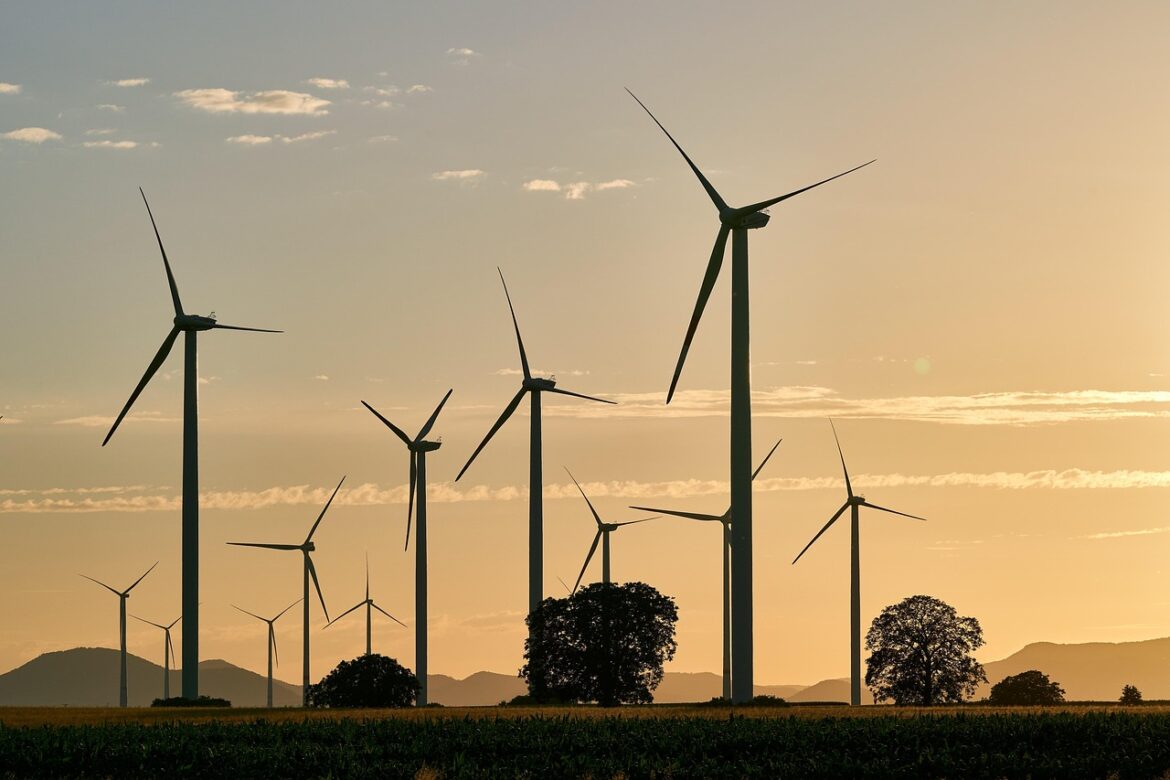Working Smarter with Green Energy: The UK’s Productivity Boost
Imagine the power switch flipped not just in homes, but across an entire country’s economy. That’s what’s happening in the UK. Researchers found that moving to cleaner, cheaper energy sources like solar and wind isn’t just greener — it’s making businesses more productive too. When power, transport, and heating become less expensive, every industry benefits because their costs drop, freeing up money for other investments. It’s like a ripple effect where savings in one sector give a boost to all the rest.
However, there’s a catch: for the full benefit to reach consumers and businesses, energy companies need to pass on these savings, not hoard profits. As Dr. Jean-Francois Mercure from Exeter explains, “Cheaper energy shouldn’t just swell company profits; it should fuel economic growth for everyone.” This idea reshapes how we think about climate policies: they’re not just environmental goals but smart economic strategies that boost productivity across the board.
When the Heat Rises: Climate Change and Firm Productivity
On the flip side, climate change isn’t just a far-off threat; it’s already impacting the productivity of companies worldwide. Economists modeling a 2°C global temperature rise forecast a near 2% dip in overall productivity. Why? Rising temperatures affect how firms use labor and materials, squeezing their efficiency. The problem worsens with higher temperature rises, potentially slashing productivity by nearly 7% with a 4°C increase.
Think of it like a car engine overheating — the engine (or economy) just can’t run as smoothly or efficiently when temperatures spike. This growing productivity loss doesn’t just stress businesses, it shakes economic foundations everywhere.
Farming on a Hotter Planet: The Real Cost to Food Production
For farmers, climate change spells real challenges. Researchers studied over 12,000 farming regions and found that rising temperatures lead to shrinking crop yields — even when farmers adapt by changing planting dates or crop varieties. For example, U.S. corn farmers plant faster-maturing crops to avoid heat damage, but these often produce less yield overall. It’s a trade-off: better survival against heat but less food to sell.
Global warming is expected to cause a 24% drop in staple crop yields by 2100 without aggressive emissions cuts. Even with rapid climate action, yields could still fall 11%, underscoring that some damage is already baked into the system. This reduction impacts food prices, farmer incomes, and ultimately, everyone’s dinner plate.
Why These Stories Matter for Productivity
Across industries and continents, climate change is no longer just an environmental story. It directly influences how efficiently businesses operate and how much food farmers can produce. Yet, the transition to clean energy packages its own success story — of boosting productivity rather than hindering it.
Balancing these forces requires smart policies that encourage green tech adoption while supporting farmers and firms in adapting to a hotter world. The evidence suggests that investing in renewable energy and climate-smart agriculture isn’t just good for the planet — it’s a practical pathway to a more productive economy.
Key Takeaways:
- The UK’s green transition offers a real-world example of how renewable energy can cut costs and enhance productivity economy-wide.
- Rising temperatures threaten firm productivity globally, with economic losses compounding as the planet warms.
- Farmers face hard choices adapting to climate change; shortcuts around extreme heat reduce yields, impacting global food supply.
- Climate policies are economic strategies, not just environmental ones, and smart action can create a win-win for growth and sustainability.
As these stories unfold, they send a clear message: the climate crisis intersects with productivity in tangible ways, making it a top priority for businesses, policymakers, and workers worldwide. Embracing this reality, practical solutions built on real-world evidence help guide us towards economic and environmental resilience.
References:
- https://phys.org/news/2025-07-green-transition-boost-uk-productivity.html
- https://www.fedcenter.gov/programs/compliance/
- https://cepr.org/voxeu/columns/climate-change-firms-and-aggregate-productivity
- https://www.comerica.com/content/dam/comerica/en/documents/resources/about/sustainability/2024-Comerica-Corporate-Responsibility-Report.pdf
- https://grist.org/food-and-agriculture/food-prices-climate-agriculture-feedback-loop-research-calories-land-clearing/
- https://svs.gsfc.nasa.gov
- https://geneticliteracyproject.org/2025/06/30/falling-future-yields-farmers-will-be-unable-to-adapt-to-destabilizing-climate-change/
- https://environment.ec.europa.eu/document/download/8572b5bb-2416-44a7-aaa8-5e8f8a4661c4_en?filename=Study+supporting+WEEE+evaluation_Final+report.pdf



